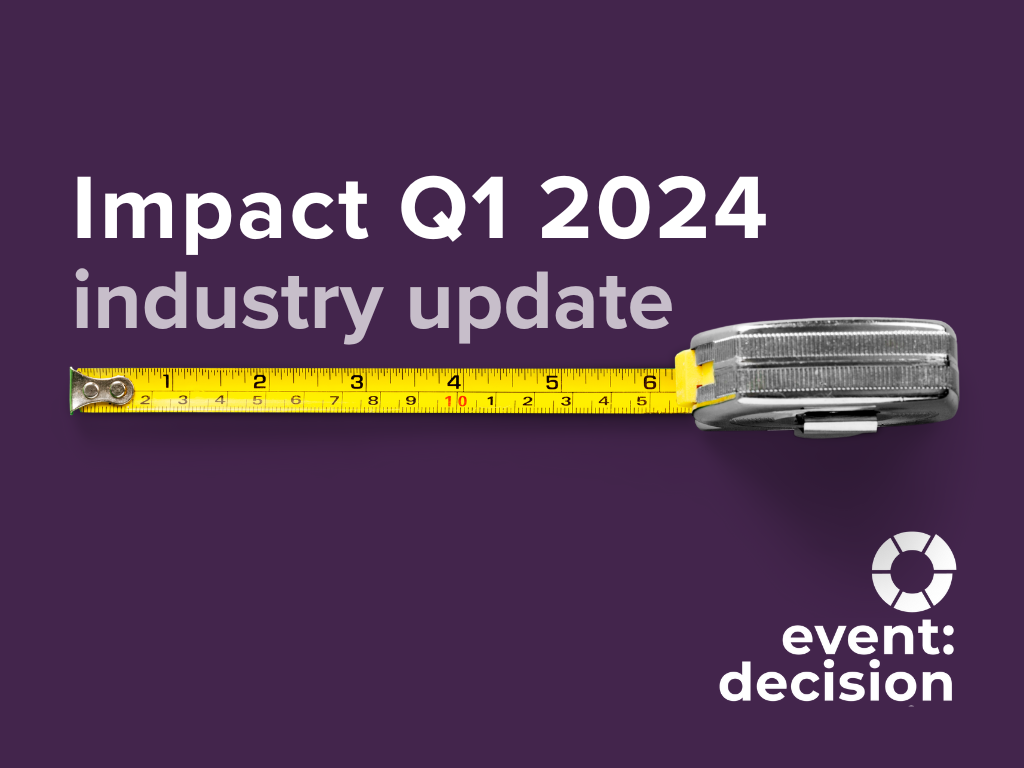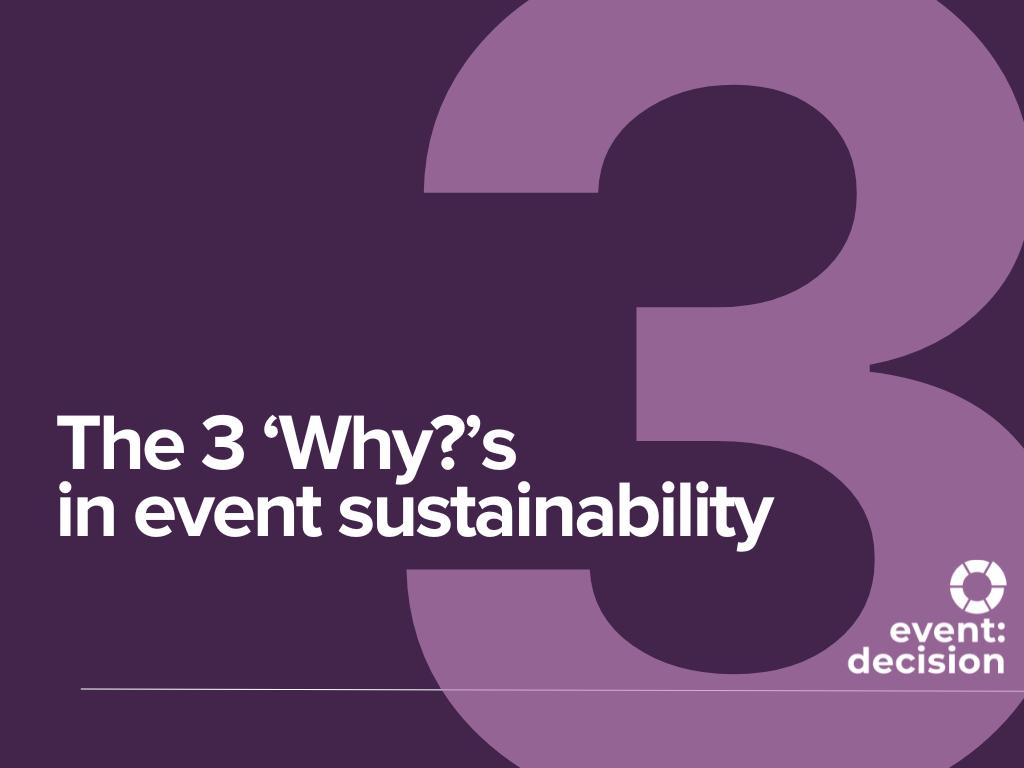Why UK Event Planners Can’t Ignore the EU Corporate Sustainability Reporting Directive (CSRD)
What are the implications for UK event planners of the EU CSRD?
The EU Corporate Sustainability Reporting Directive (CSRD) is a significant development in corporate reporting, and it begins with mandatory reporting in 2025 for the 2024 financial year for large companies. While the United Kingdom has exited the European Union, its impact on companies operating in the EU shouldn’t be underestimated. In this article we aim to provide UK event planners with a comprehensive understanding of the CSRD and the implications it holds for our industry.
Understanding the CSRD
The CSRD, proposed by the European Commission, represents a major step towards creating a more sustainable and transparent business environment within the EU. It is an extension of the existing Non-Financial Reporting Directive (NFRD) and aims to enhance corporate reporting by introducing stricter sustainability disclosure requirements. The directive seeks to introduce more comprehensive reporting standards and ensure that companies disclose information aligned with internationally recognised frameworks, such as the Global Reporting Initiative (GRI) and the Sustainability Accounting Standards Board (SASB).
The CSRD will require companies operating in the EU to:
- Publicly report their ESG performance as it aligns with the CSRD – and do this annually.
- Report on their entire value/supply chain, not just their own operations.
- Ensure due diligence, which will be mandatory.
- Get ‘limited’ assurance on their sustainability reporting from a trusted third party who will audit their data to ensure it’s accurate and legitimate.
- Roll out the process in a timeline spreading over several years, starting with larger companies first.
Implications for UK Event Planners
While event planners may not immediately associate themselves with sustainability reporting, the CSRD has far-reaching implications for the industry. Event planners in the UK cannot afford to ignore this directive for the following reasons:
- Client expectations and reputation: in an increasingly sustainability-conscious world, businesses are prioritising environmentally-friendly practices and seeking partners who align with their values. Companies that operate within the EU and adhere to the CSRD requirements will be under pressure to work with event planners who can contribute to their sustainability goals, as they have to report on their entire value and supply chain. Ignoring the CSRD may lead to missed opportunities, loss of clients, and damage to the reputation of event planning companies that fail to integrate sustainability practices into their operations.
- Regulatory compliance: although the UK is no longer an EU member state, event planning companies operating across borders or organising events within the EU will still need to comply with the CSRD. Non-compliance could result in both reputational damage & legal consequences including fines. By staying ahead of the game and proactively aligning practices with the CSRD, event planners can ensure compliance, minimise risks, and maintain a competitive edge in the EU market.
- Event impact and reporting: the CSRD emphasises reporting on environmental, social, and governance (ESG) factors. Event planners can expect increased scrutiny regarding the sustainability impacts of the events they organise, including carbon emissions, waste management, and community engagement. Meeting these reporting requirements will necessitate a greater focus on sustainable event management practices, from sourcing eco-friendly suppliers and reducing waste to promoting social inclusivity and incorporating diversity. By proactively incorporating sustainability into all event planning processes, planners and agencies can demonstrate their commitment to responsible business practices and meet the expectations of clients, attendees, and regulatory bodies.
To navigate the changing landscape effectively, event planners in the UK should consider the CSRD as a huge opportunity – one that will help them effectively integrate sustainability into their business practices. By staying informed about the directive’s developments, understanding the reporting requirements, and actively pursuing sustainable strategies, event planners can position themselves as leaders in the industry, attract a wider client base across the EU and beyond, and contribute to the global sustainability agenda.
The introduction of the EU Corporate Sustainability Reporting Directive may seem unimportant to UK event planners right now, because of Brexit. However, the interconnected nature of business and the global focus on sustainability means it’s vital for event planners to sit up and pay attention. By proactively embracing sustainability reporting and aligning their practices with the CSRD, event planners can gain a competitive advantage, foster client trust, ensure regulatory compliance, and contribute to a more sustainable future. Ignoring the CSRD is not an option; it’s time for event planners in the UK to embrace the opportunities it presents and lead the way towards a more sustainable event industry
If you’re interested in finding out more about how our event carbon footprint calculator – track – can help achieve CSRD compliance and reporting requirements. Please get in touch, we can give you a demo and show you some more sample reports to illustrate what it could do for you.








